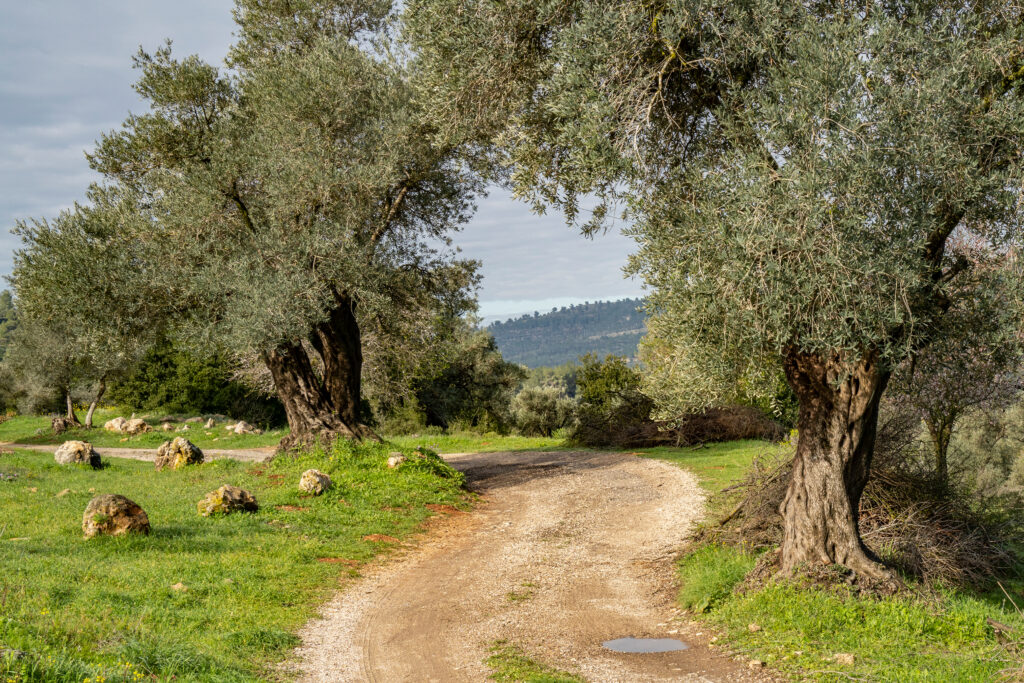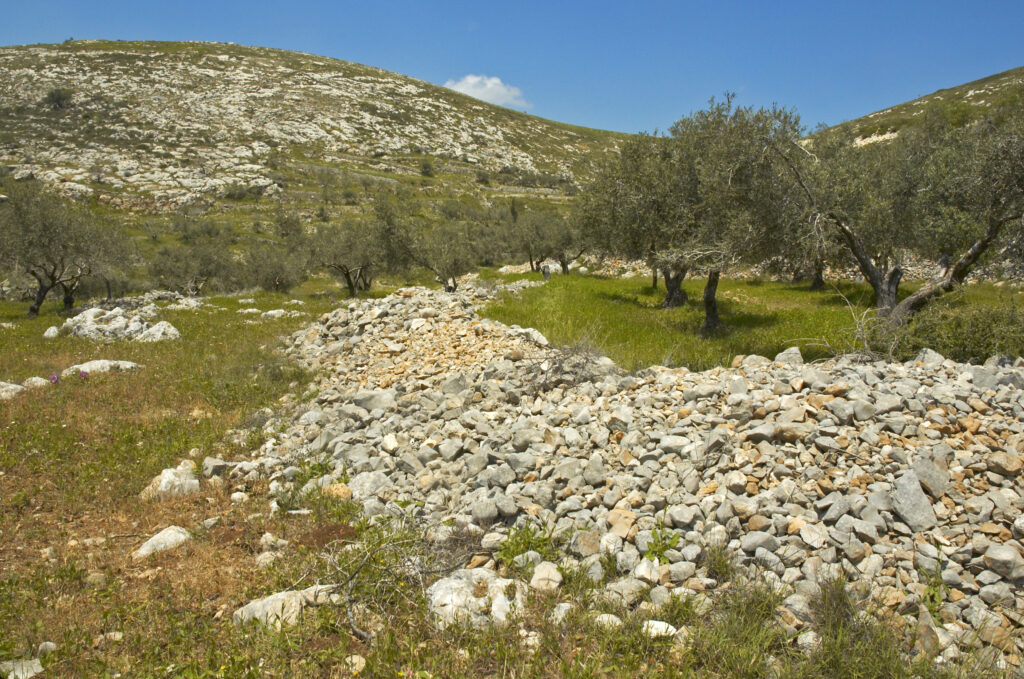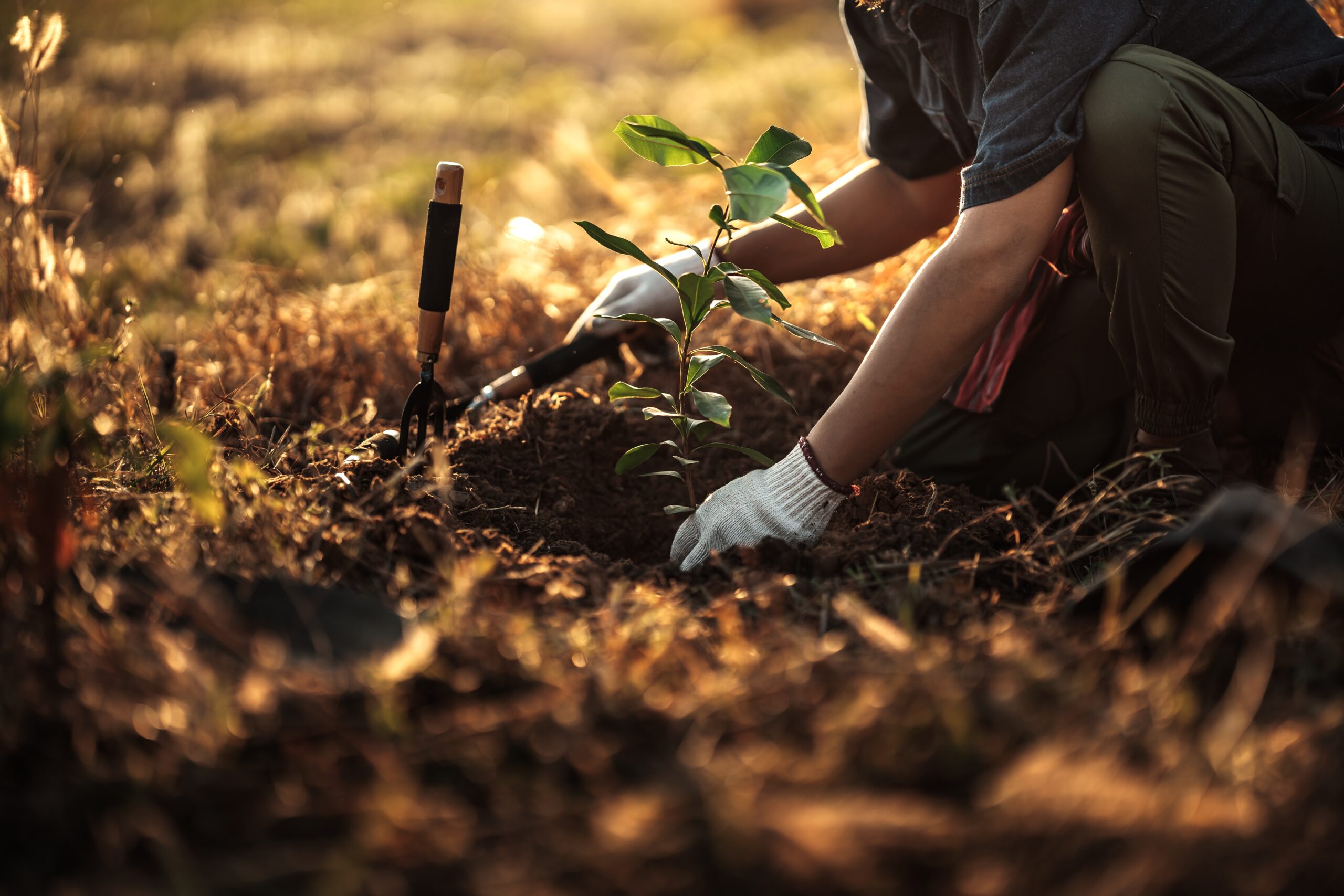Shortly after my sixth birthday, I remember learning that a relative had planted a tree in my honor in Israel. At the time, it seemed like a nice but abstract gift – after all, what child fully grasps the significance of a tree growing somewhere far away? Years later, during my first trip to Israel, I found myself eagerly scanning the landscape, wondering if one of those sturdy trunks reaching toward the Mediterranean sky might be “my tree.”
That moment planted the seeds for a far more profound revelation: planting a tree in Israel isn’t just about adding greenery to the landscape. It’s about putting down roots in the sacred soil that connects us all – Jews and Christians alike – to our shared biblical heritage.
As we celebrate Tu B’Shvat, the Jewish New Year for Trees, this ancient tradition takes on new meaning. In the past year and a half, Israel has faced unprecedented challenges. Our communities in Judea and Samaria, the biblical heartland, have demonstrated remarkable resilience. Now, as we look toward recovery and renewal, we have an opportunity to literally strengthen Israel’s roots together.
This is why we’re embarking on an ambitious project: planting a 10,000-tree forest using the innovative Miyawaki Method. This advanced forestry technique produces a decade’s worth of growth in just three years, creating dense, vibrant woodlands that echo the forests of biblical times. We’re carefully selecting species mentioned in Scripture – cedars, cypress, and myrtle – ensuring each sapling connects us more deeply to the land’s rich history.

For our Christian friends who hold Israel dear in their hearts, this initiative offers a unique way to fulfill biblical prophecies. When Isaiah spoke of making the desert bloom, he wasn’t just sharing a vision – he was providing a blueprint for our generation. Today, we can partner together in making these ancient words come alive: “I will plant cedars in the wilderness, acacias and myrtles and oleasters” (Isaiah 41:19).
The location we’ve chosen, near the community of Kochav HaShachar in Samaria, carries special significance. This is where Abraham walked, where the prophets delivered their messages, and where the stories we all hold sacred unfolded. Each tree planted here doesn’t just provide shade and prevent erosion – it strengthens the Jewish presence in our ancestral homeland while creating a living testament to the enduring bond between Christians and Jews who love Israel.
What makes this forest truly special is its community aspect. While the local residents of Kochav HaShachar will tend to these trees, the forest belongs to all of us – a global community of Israel supporters. Each contributor becomes part of this living legacy, receiving not just a certificate of planting, but the knowledge that they’ve helped fulfill biblical prophecy in a tangible way.

The Miyawaki Method we’re using isn’t just about rapid growth – it’s about creating sustainable, fireproof forests that support each other, much like our communities do. The trees are planted densely, encouraging mutual growth and protection. This method includes extensive soil preparation and irrigation systems, ensuring each sapling has the best chance to thrive in the challenging climate of Judea and Samaria.
As we witness the restoration of Israel in our time, planting trees becomes more than an environmental act – it’s a declaration of faith in Israel’s future and a commitment to its flourishing. Every tree strengthens Israel’s security, enhances its beauty, and provides a living link between supporters worldwide and the Holy Land.
My childhood tree taught me that the simplest acts can have lasting significance. Today, I invite you to join us in this sacred task of blessing the Land. Perhaps one day soon, we’ll sit together under the shade of these trees, sharing stories and celebrating the bond that brought them to life.
Together, we can transform the biblical heartland one tree at a time, creating forests that will stand as testimonies to our shared love for Israel and its promised restoration. As the prophet Amos declared, our people “will plant vineyards and drink their wine; they will make gardens and eat their fruit” (Amos 9:14).
Will you join us in planting hope for Israel’s future?




